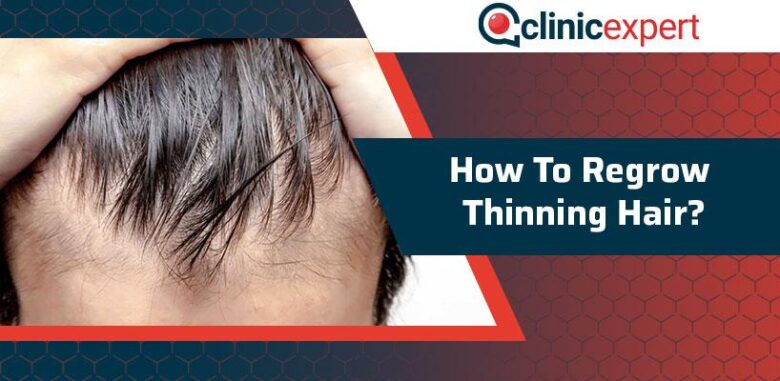<img class="vimage_class" src="https://dietguru.com/wp-content/uploads/2024/10/hair-1.jpg" alt="thinning hair“>
How to Regrow Thinning Hair in Men Over 40
As men age, it’s common to experience hair thinning and loss, especially after reaching the age of 40. With factors like genetics, hormonal changes, and lifestyle playing significant roles, you might feel concerned about your appearance. However, there’s hope! This article dives deep into effective strategies on how to regrow thinning hair in men over 40.
Understanding Hair Thinning
Before diving into solutions, it’s essential to understand why hair begins to thin. Common causes include:
- Genetics: Family history of hair loss can predict your likelihood of experiencing it.
- Hormonal Changes: Testosterone levels decline with age, often leading to hair loss.
- Health Issues: Conditions such as thyroid disorders can contribute to thinning hair.
- Lifestyle Factors: Stress, poor diet, and lack of sleep can exacerbate hair loss.
Benefits of Regrowing Thinning Hair
Regrowing thinning hair not only enhances your appearance but also boosts self-esteem and confidence. The benefits include:
- Improved self-image
- Increased confidence in social and professional settings
- Enhanced overall grooming and personal care
Practical Tips to Regrow Thinning Hair
- Embrace a Nutrient-Rich Diet: Consume foods packed with vitamins and minerals. Focus on:
| Food | Benefits |
|---|---|
| Spinach | High in iron and Vitamin A, crucial for hair health. |
| Fatty Fish | Rich in omega-3 fatty acids, promoting scalp health. |
| Nuts | Provide essential vitamins and healthy fats. |
| Eggs | Excellent source of proteins and biotin, key for hair growth. |
- Utilize Essential Oils: Incorporate oils like rosemary and peppermint into your scalp routine. Regular massage with these oils can stimulate blood circulation and promote hair growth.
- Consider Over-the-Counter Treatments: Products containing minoxidil have shown promise in promoting hair regrowth. Consult with a dermatologist for the best options tailored to your needs.
- Opt for Prescription Treatments: Finasteride, a DHT blocker, can help in preventing hair loss. Discuss this with your healthcare provider for safe usage.
- Maintain a Healthy Hair Care Routine: Use gentle shampoos, condition regularly, and avoid heat styling tools. Taking care of your hair can improve its overall appearance.
Case Studies: Success Stories
John’s Journey
At 45, John noticed a receding hairline and thinning crown. After adopting a nutrient-rich diet coupled with minoxidil treatment, he began to regain hair thickness within six months. John emphasizes the importance of patience and consistency in any hair regrowth journey.
Mike’s Transformation
Mike, 52, turned to natural remedies after trying various products with little success. He incorporated essential oils and made dietary changes. Within a year, he not only saw improvements in his hair volume but also felt more energetic overall.
First-Hand Experience: A Personal Narrative
As a man over 40, I experienced the frustration of thinning hair firsthand. After consulting with a dermatologist, I learned the importance of a holistic approach. Balancing diet, exercise, and hair care made a noticeable difference in my hair’s health. By sharing experiences with others going through similar challenges, we can foster a community of support and encouragement.
Final Thoughts
Regrowing thinning hair in men over 40 is a journey that requires patience, consistency, and proper care. By understanding the underlying causes and adopting effective strategies, it’s possible to improve hair thickness and overall health. Whether through dietary changes, topical treatments, or natural remedies, every step taken can contribute to regaining confidence and rejuvenating your appearance.
Remember, everyone’s experience with hair thinning is unique, and what works for one person might not work for another. Always consult with a professional before starting any new treatment program to find the best solutions tailored to your needs.










